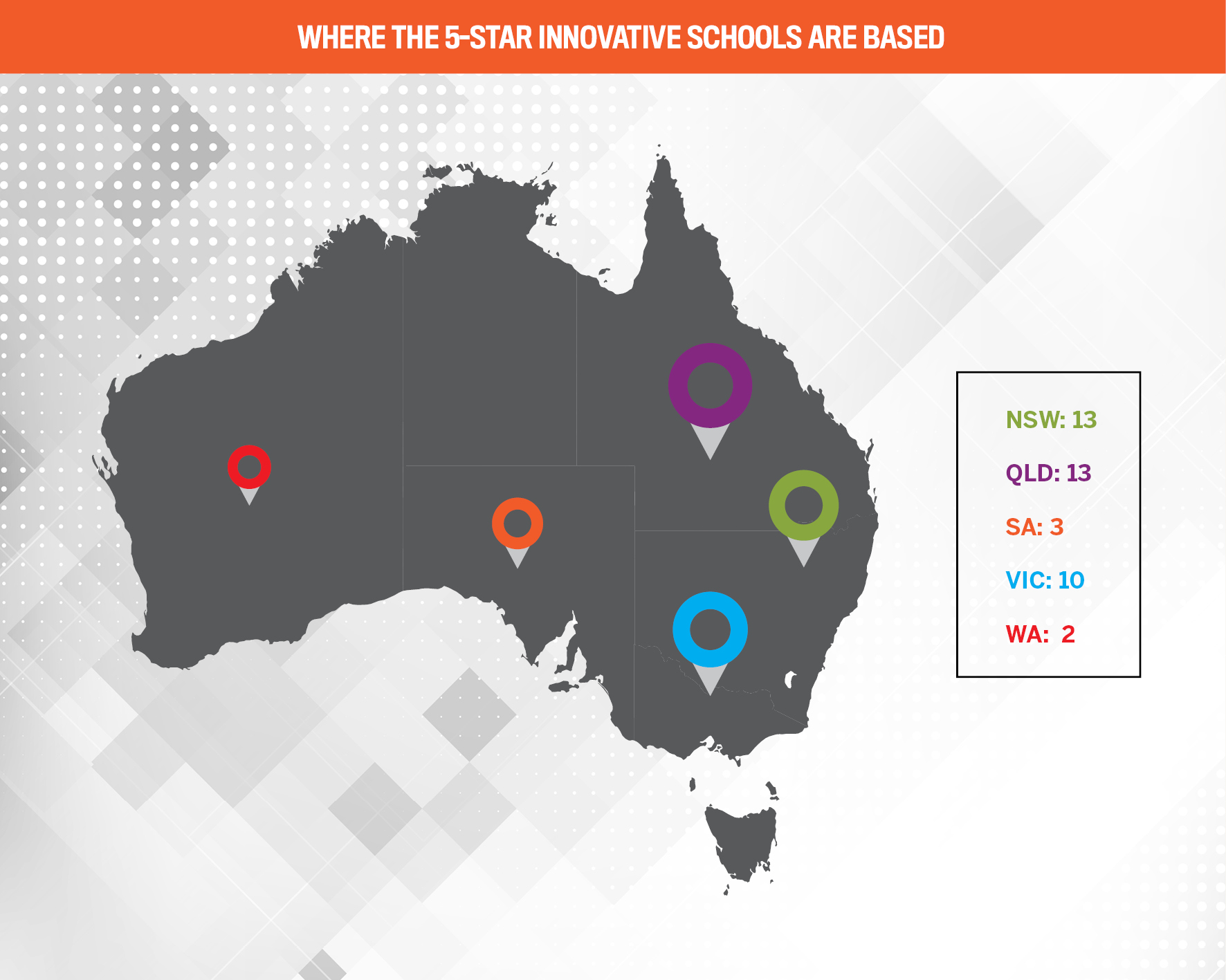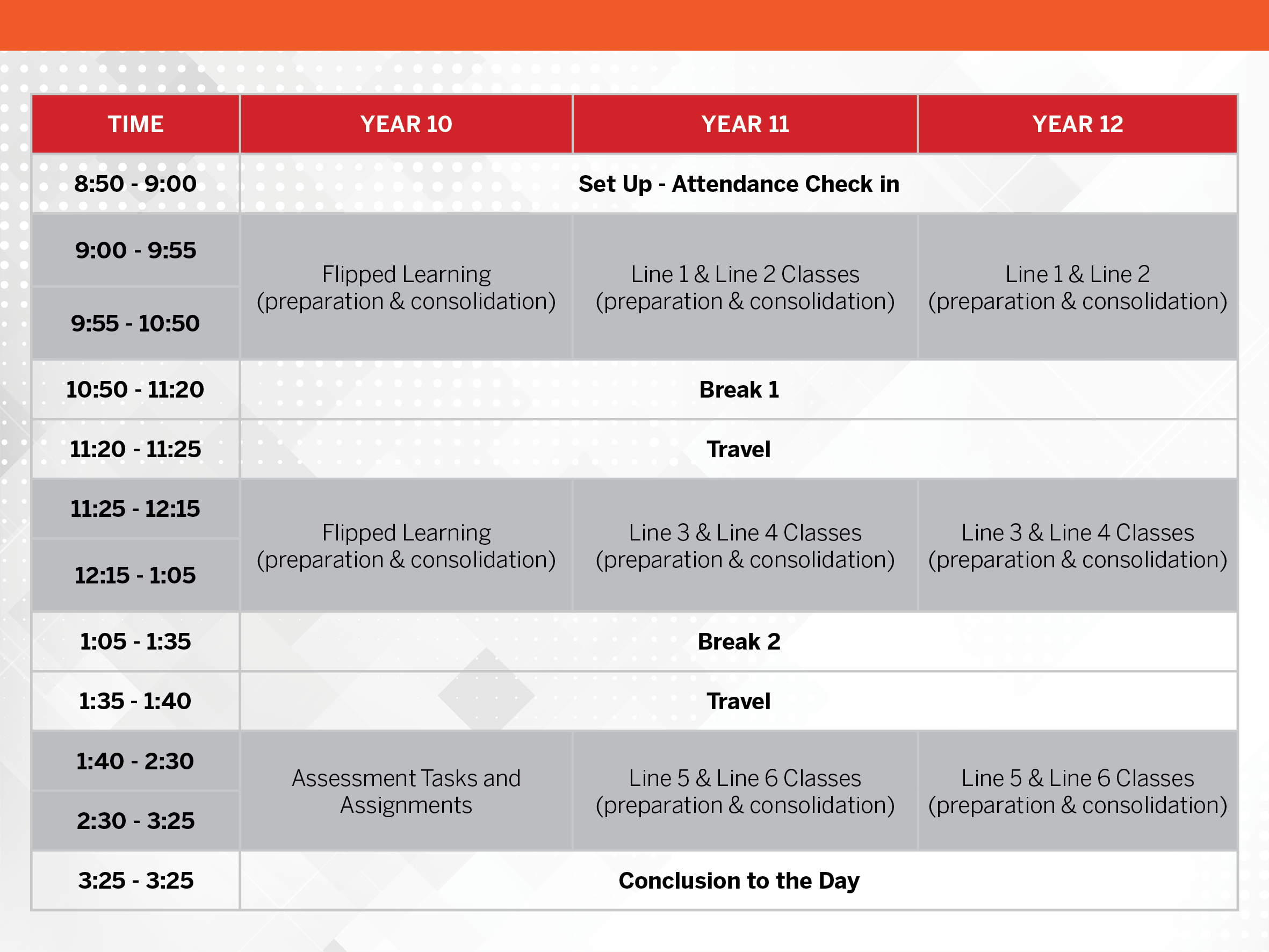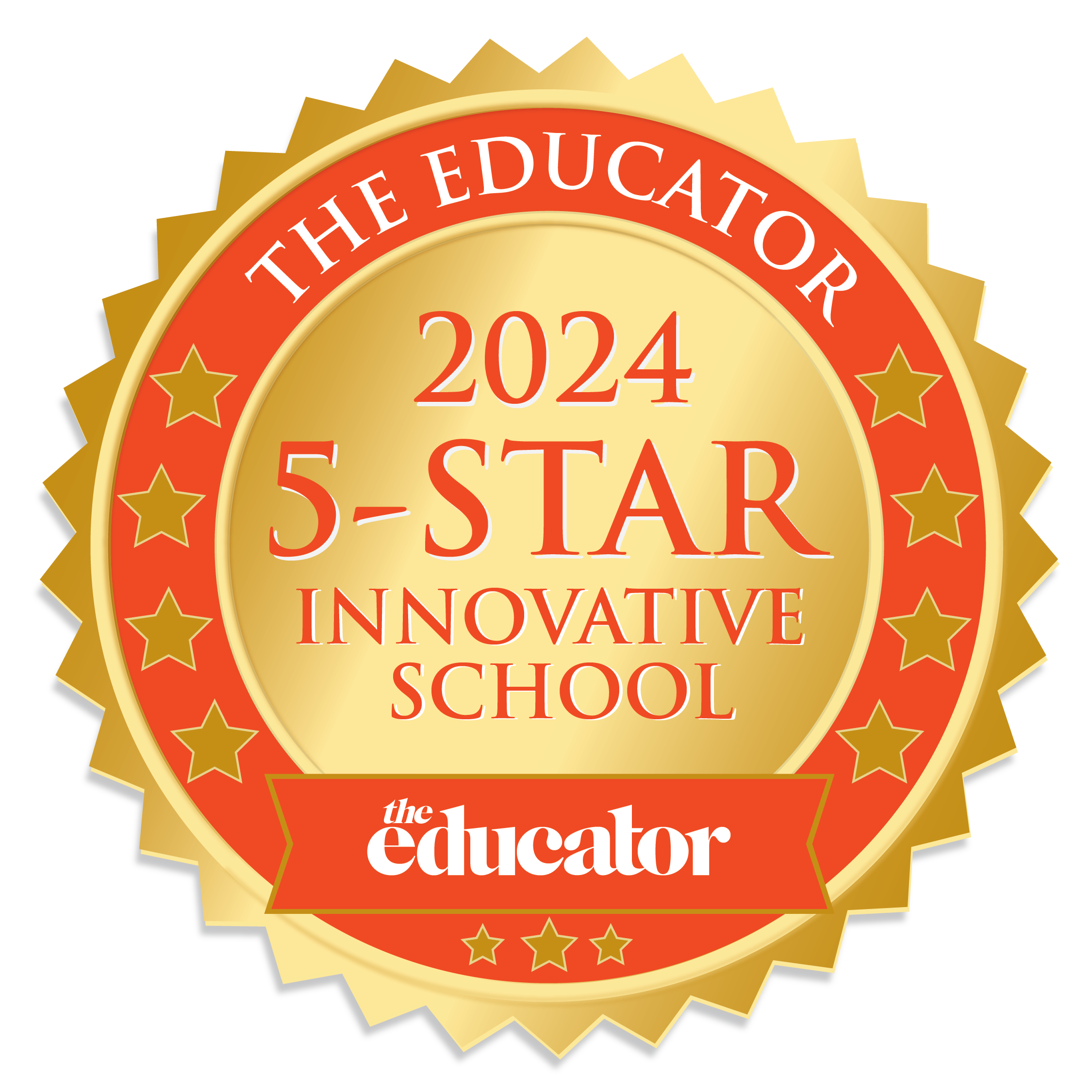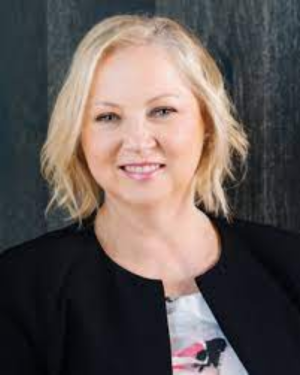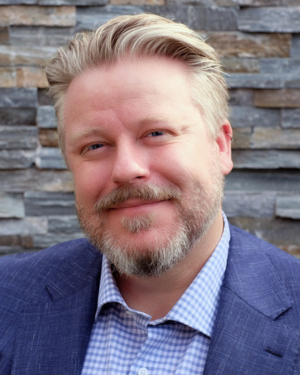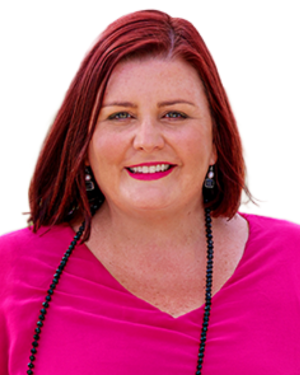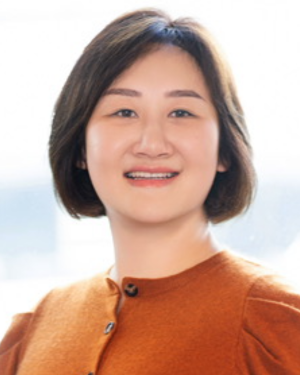- K/12
- Higher Education
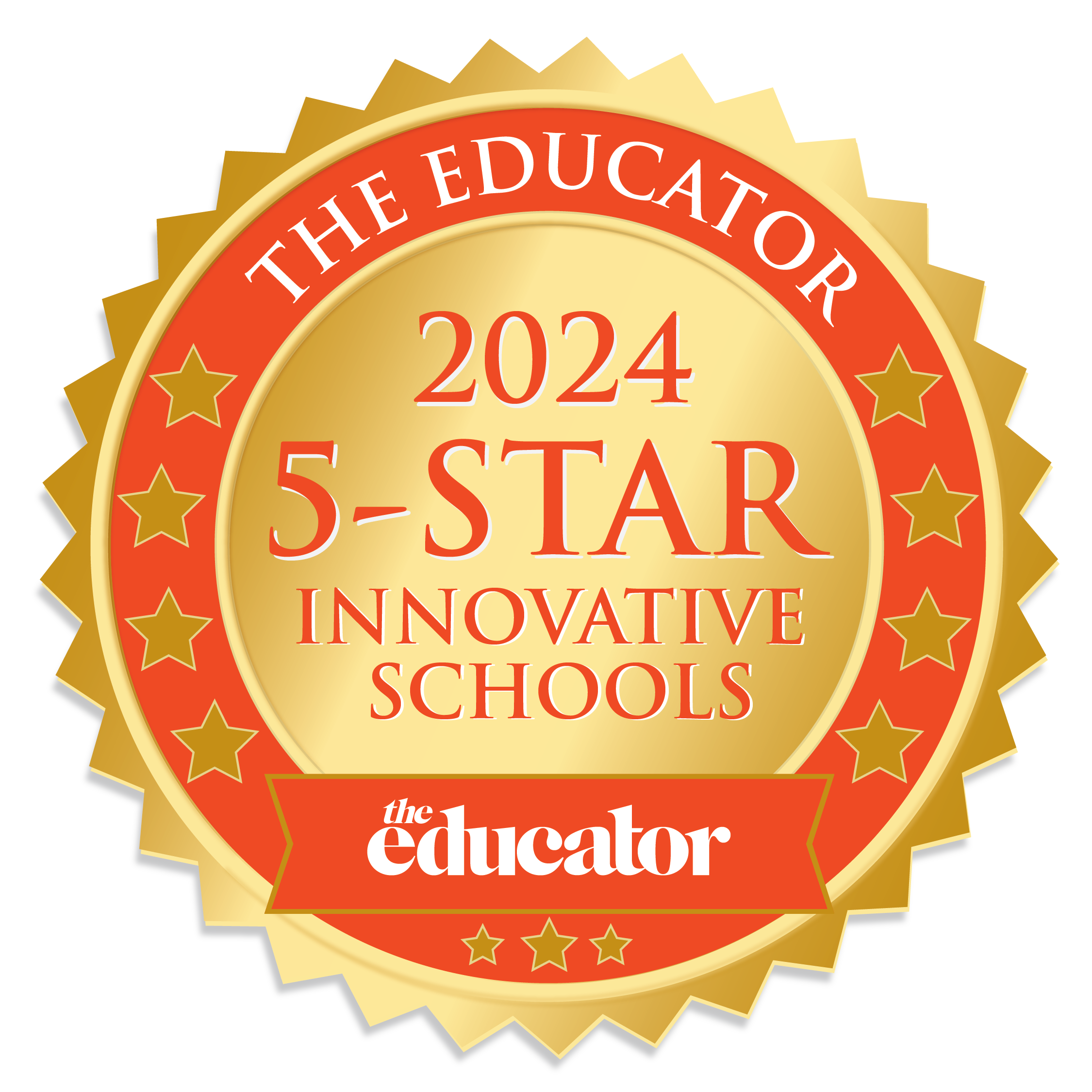
The Most Innovative Schools in Australia |
5-Star Innovative Schools
Jump to winners | Jump to methodology
Breaking frontiers
The bedrock of innovation rests on a school’s culture, enabling its staff and leadership team to explore and trial new ideas. This requires space to be created in the programming, vision and strategy.
Janine Stratford, founder of Coaching Focus and a leadership coach for educators, says, “Innovative schools have a focus on student agency, service learning, entrepreneurship, student leadership, student voice, global connection, diversity and inclusion, a broad curriculum and varied methods of learning from in-school, virtual, blended and on-demand.”
The Educator’s 5-Star Innovative Schools of 2024 are at the forefront of change and were recognised for their contributions to reshaping the future of education.
Another industry expert, Sabrina Li, who founded edtech platform Qeeri.AI, explains there are a series of key points for innovative schools in 2024:
-
Learner-centric approach – prioritising each student’s needs, employing personalised learning pathways that cater to individual learning styles, interests and abilities. By using data-driven insights, schools can craft experiences that are meaningful and engaging.
-
Agility in curriculum design and real-life relevance – bridging the gap between education, employment and real-life experiences. Collaborating with industries, having guest speakers, offering internships and providing project-based learning opportunities that mimic real-world challenges. The ability to adapt curriculum quickly in response to societal, technological and employment trends is vital.
-
Integration of technology and AI – thoughtfully incorporating AI and digital tools to support differentiated learning and empowering teachers. AI helps create personalised resources, track student progress in real time and predict areas where intervention might be needed, ultimately enabling educators to focus on what they do best.
-
Community engagement and wellbeing – understanding that education is not limited to the classroom. Deeply embed in the community and work with parents, local organisations and councils to create an ecosystem of support.
-
Cross-cultural competence and global mindedness – prepare students for a globalised world by facilitating cultural exchanges and value diversity through international programs or a curriculum that celebrates diverse culture, helping students build empathy and global competence.
Li, also the international students coordinator at St Margaret’s and Berwick Grammar School, adds, “Creating and sustaining a culture of innovation in schools requires a strategic focus on fostering curiosity, collaboration and adaptability.”
Being adoptable and advocating for students is what Meagan King, deputy principal at Canterbury College, believes is central to innovating.
She says, “Achieving this requires school leaders to leverage emerging trends, like the rise of AI, while thoughtfully aligning these advancements with their unique contexts and pedagogical frameworks. A holistic approach to learning that deliberately nurtures curiosity, creativity and resilience is essential. This involves a continuous cycle of planning, reviewing, refining and re-implementing strategies.”
Embracing tech innovation
Brisbane South State Secondary College is setting the pace with its observable classroom, fitted with video cameras and microphones to record lessons, lesson segments and student learning. There is also a co-joining observation room in which real-time pedagogy can be observed without interrupting or influencing teaching and learning. It also aims to support research across several disciplines, such as education, psychology and neuroscience.
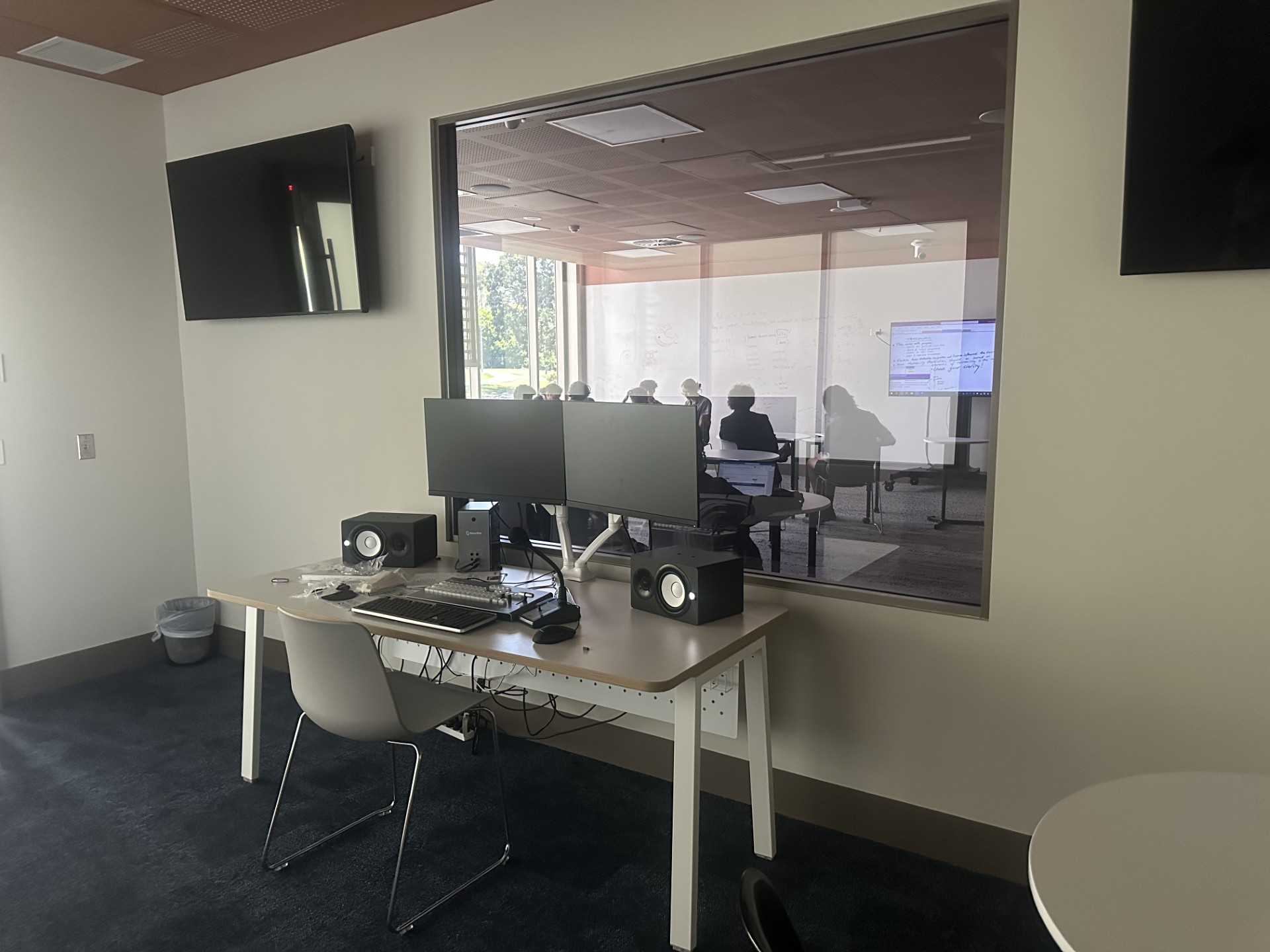
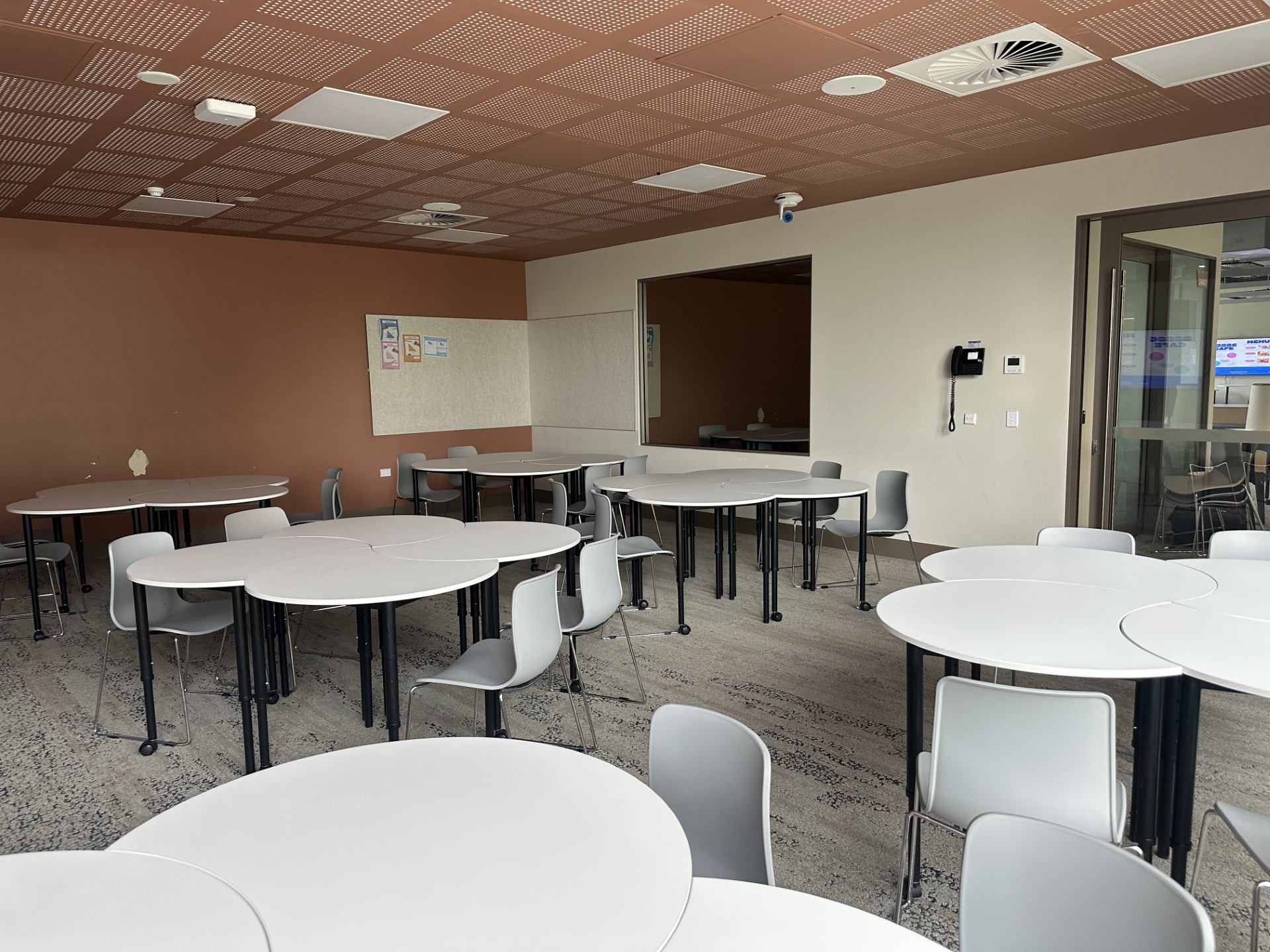
In 2024, the college was awarded a Queensland Education Department Professional Experience Innovation (PEI) Grant of $50,000 to further develop the observation classroom and working partnership with the Queensland Brain Institute and the School of Education to enhance the experience of pre-service and beginning teachers, ensuring they are job-ready, and to support retention in the workforce.
“The ability to record video and audio of teaching and learning in real time in an authentic setting is scarce. Observation and feedback of teaching and learning occurs frequently in schools; however, students usually have knowledge that a visitor is in the classroom at the time, which impacts their behaviour and interactions,” says deputy principal Kristin Lynch. “It will allow individual or small groups of teachers to observe and discuss pedagogy in real time, providing an opportunity for more collaborative and effective learning of educators.”

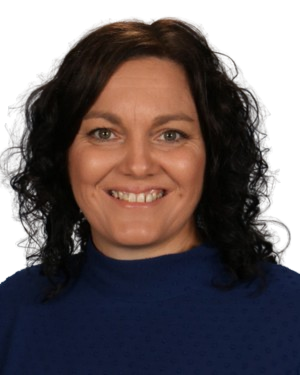
Kristin LynchBrisbane South State Secondary College
Following the same trajectory is St Mary’s Cathedral College Sydney, which is expanding into a new campus set to open in January 2025. It will feature an augmented reality (AR) room, equipped with the latest technology to prepare students for the workforce of the future. The AR room will offer immersive learning experiences across various subjects, enhancing students’ engagement and understanding of complex concepts.
Similarly pushing boundaries is Westbourne Grammar School in Truganina, a suburb of Melbourne, where principal Adrian Camm has created an AI avatar of himself that is being deployed in a variety of contexts. The digital twin can recognise, understand and appropriately respond to human speech in a human-like manner, looking exactly like Camm. It generates spoken responses with a voice clone that sounds exactly like Camm and can speak in 50 languages with perfect translation, has realistic facial expressions, body moves and gestures and utilises an extensive knowledge base connected to a custom large language model.
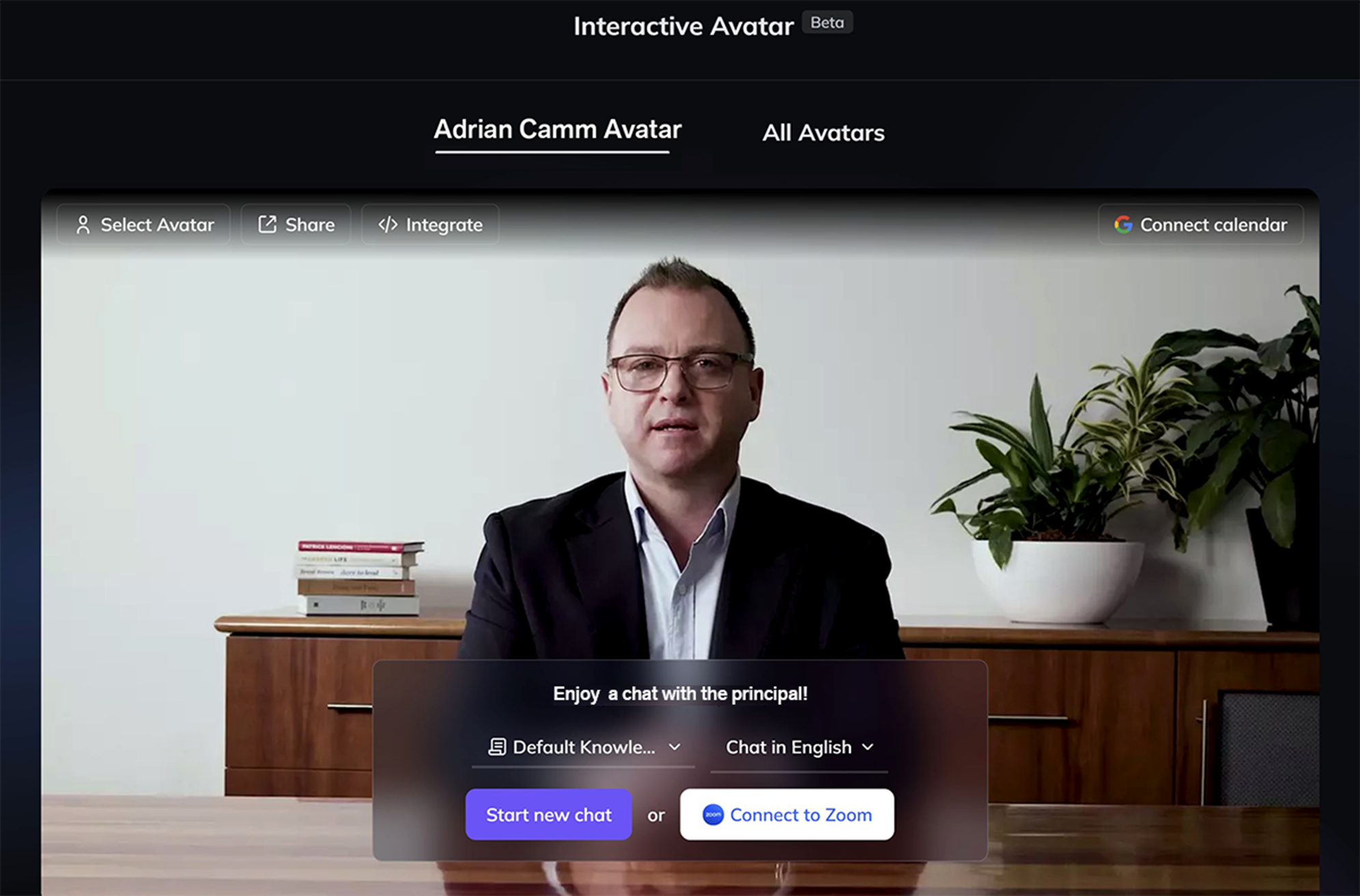
The avatar enables greater connection with alumni, international markets and agents who support student recruitment.
Camm also uses his avatar to:
-
educate parents about the opportunities and challenges of AI both now and in the future
-
participate in real-time interactive web-based conversations
-
create personalised auto-response video messaging for every new family who enrols their child and every new employee
-
cover a range of other cases, including the onboarding of new staff, training videos, creation of social media content and compliance obligations

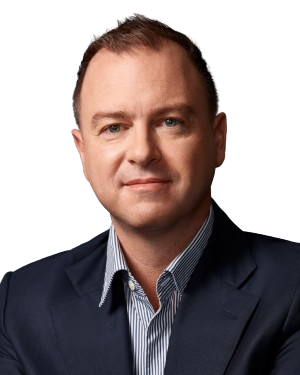
Adrian CammWestbourne Grammar School
The avatar’s knowledge base is continually being added, particularly around Camm extensive leadership knowledge, so that middle managers will be able to ask his avatar for advice in handling different leadership and management situations that arise. It is constantly being infused with his knowledge, experience, nuances and voice to authentically answer education-related questions.
“An AI avatar capable of speaking in 50 languages isn’t just about breaking language barriers; it’s a way to amplify engagement, connection and visibility,” says Camm. “I’ve always believed in harnessing innovation to push the boundaries of what is possible. AI is our future, and soon avatars and digital clones will be ubiquitous. It’s great to be at the leading edge of this work.”
AI is also a focus at Hills Grammar, not only creating a whole school AI guideline and policy but also experimenting in its classrooms by using AI to provide feedback, conduct research and ensure that students are aware of its shortcomings, such as the creation of hallucinations, deep fakes and data scraping.
Assessment tasks for 7-11 students were created incorporating AI, trialled in 2023 in English and have now been adopted in Science, English, History, Enterprise Computing and Geography.
The school’s teachers are also aware of how to use AI to help with reporting and ensure that no personal student data is involved. They’ve been trained to create presentations and enhance teaching programs using AI, which eases their workload.
Primary school teachers have also attended sessions on using micro-bit sensors and Vex robots to enrich classroom learning and engage students. This has resulted in all the Year 6 students being taught how to use micro-bits in their sustainable agriculture inquiry learning project, such as how a micro-bit sensor can help the farming of bee venom by detecting the mite that can kill the bees.
School innovation relies on empowerment
“Often, we think of innovation as needing to gaze into a crystal ball to predict the future,” says Justin Roberts, national program director, ReLATE at the MacKillop Institute. “But in 2024, truly innovative schools are defined by their deep commitment to understanding the needs of students and the school community. They approach this inquiry with curiosity and, rather than lamenting current challenges, they face them with courage and determination to find creative, forward-thinking solutions.”
Not all forms of innovation rely on technology, with Chevalier College underscoring that with its Future Facing plan. The college has applied this to its timetable, which has seen a 10% reduction in face-to-face teaching time. This change provides teachers with more time for collegial co-planning and, for some, participation in professional learning groups focused on priority areas.
The biggest innovation as part of the timetable was to introduce flipped learning on most Mondays, where students engage with ‘pre-class’, surface level content in self-directed learning spaces, before arriving at their face-to-face lessons throughout the rest of the week ready for direct connection to deeper learning activities.
The block of time is designated as:
-
half of the timetabled school day for Years 7-9
-
whole school day for Years 10-12
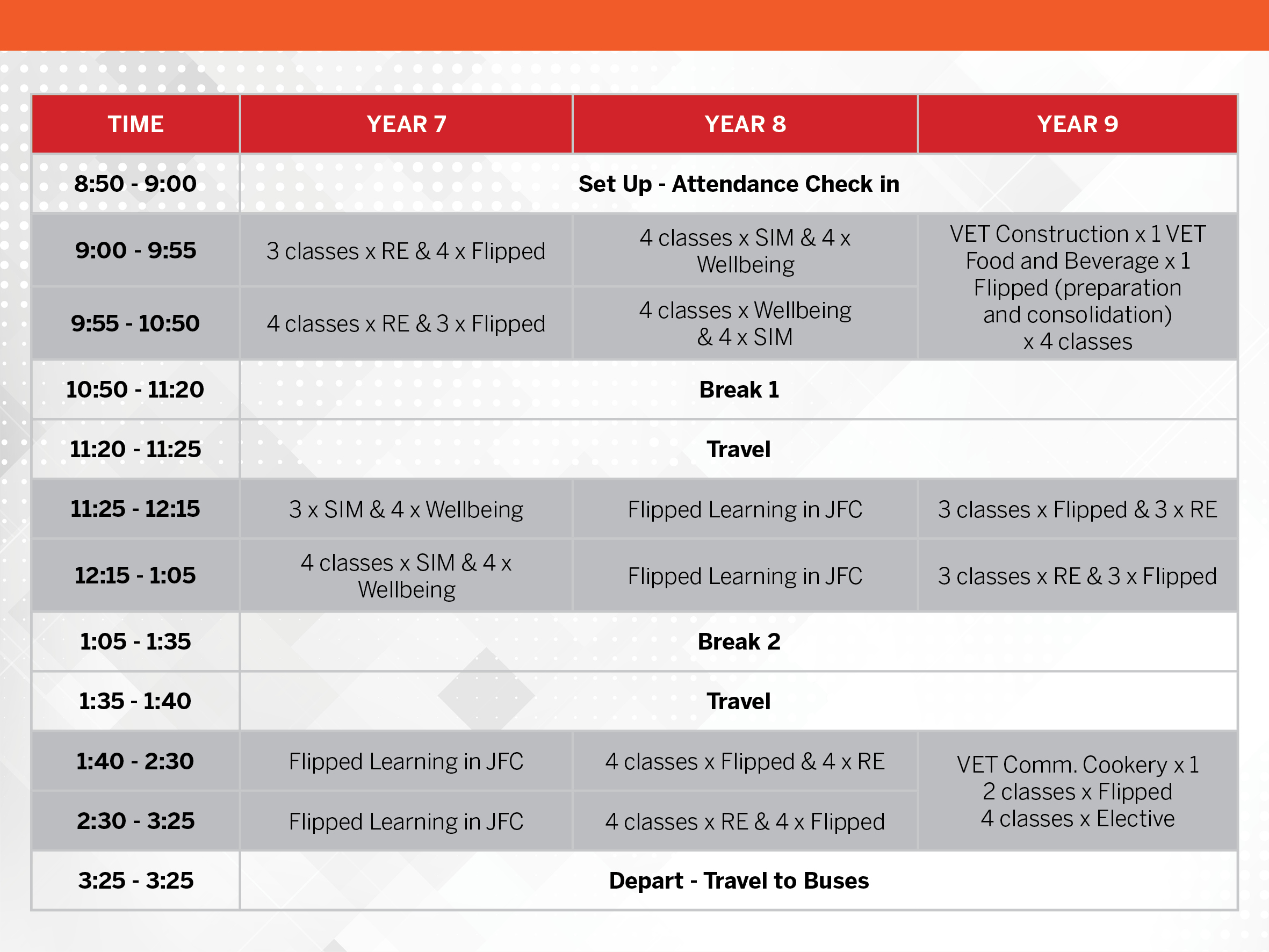
The Flipped Monday concept has attracted attention with TV news coverage and has also been received positively by students, with data gathered between April and June 2024 showing:
-
86.8% made good decisions about what they needed to learn and do
-
84.65% were organised for learning on a Flipped Monday
-
82.9% knew what they needed to do
-
82.3% managed their time well
-
82.1% worked through problems as they arose
-
80.25% were productive for the day
Onboarding new teachers is an area that St Peter’s Woodlands Grammar School has pioneered.
In 2024, it developed a teaching internship for a new graduate, who will work four days a week as a relief teacher and spend one day with a mentor teacher. This program aims to provide an alternative to the typical casual teaching experience, often described as a “baptism of fire,” where new teachers juggle various schools. The initiative has now been extended to include all 12 Anglican Schools in Adelaide, allowing more undergraduate teachers to participate.

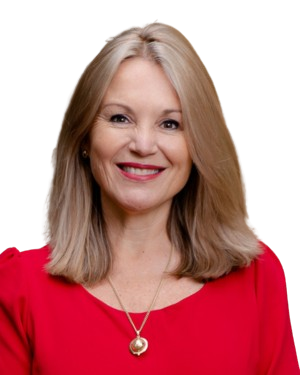
Helen FinlaySt Peter’s Woodlands Grammar School
Each week, all undergrads gather at one of the schools to hear from a variety of experts around particular topics. By the time they graduate, they will have built up four years of experience and be ready to take on a permanent role.
“They essentially really get to learn about what it is to be a part of a school community,” says principal Helen Finlay. “When they do secure their first permanent classroom teaching role, they have had experience in those additional things that can be daunting to a fresh teacher, reducing the steep learning curve and cognitive load.”
At St Columba’s Primary School in Elwood, an inner suburb in Melbourne, innovation is linked to sustainability.
It has created two programs that empower students, giving them a sense of responsibility, agency and investment in their school community:
-
Eco Warriors – launched in Year 4 to enable students to lead sustainable practices. It requires students to apply for various roles, conduct regular meetings and address environmental needs within the school. They engage in hands-on activities related to environmental sustainability, such as growing and harvesting produce. The produce is then sold within the school community, fostering financial independence, responsibility and self-sufficiency among the students.
-
Sustainability Super Heroes – aims to develop social consciousness and global awareness. They collaborate with the Year 4 Eco Warriors to promote sustainable practices within the school and are responsible for monitoring energy usage, implementing energy-saving measures and educating the school community about the importance of energy conservation, recycling and upcycling.
Most innovative schools connect to community
Emphasising the need for collective action to truly innovate, Roberts says, “Creating and sustaining a culture of innovation requires truly innovative schools to value and dedicate space and time for deep reflection that incorporates the voices and expertise of the entire school community.”
The Knox School, located in the eastern Melbourne suburb of Wantirna, gives the community a voice with its podcast series TKS Flight Deck – Where Ideas Soar! available on Spotify, which puts students and staff voice at the centre to explore and collectively share their insights with connections to TKS past, present and future. Students suggest compelling topics and selecting intriguing guests to craft insightful interview questions, engaging episode blurbs and polishing the final edits with sound effects.

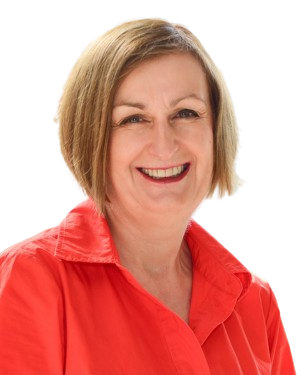
Liana GoochThe Knox School
Associate principal Liana Gooch says, “In today’s digital era, podcasting stands as a dynamic medium that empowers voices and fosters widespread influence. By integrating this creative tool into education, we open the doors for students to provide them with a voice while they engage in an immersive learning experience that transcends traditional boundaries. The benefits are multifaceted: students not only gain technical communication skills but also cultivate critical thinking, research capabilities and collaborative prowess.”
Episode 1, titled Finding Your Voice, answers the following questions: Ever thought about podcasting? How do you get started? What are some tips and tricks for creating a successful podcast?
Making an impact on inclusion in sport is the calling card of SEDA College WA, which has teamed up with the registered training organisation I-VET to deliver the Certificate III in Sport, Aquatics and Recreation to Year 11 and 12 students. Two units were selected:
-
facilitate inclusion for people with disabilities
-
deliver recreation sessions
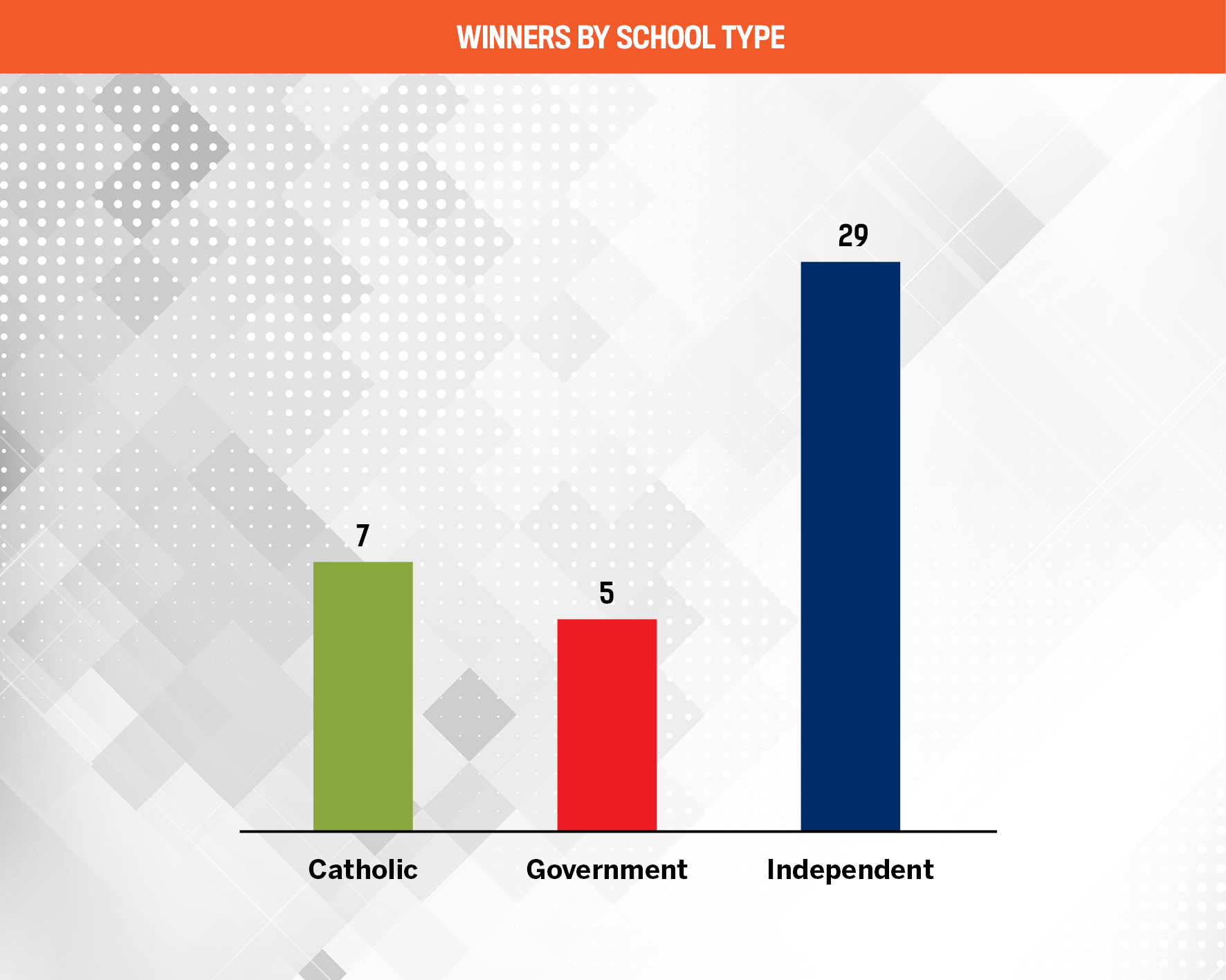
This has allowed students to explore what options were available in this space of inclusion for people with disabilities and develop a visionary map. The college has an applied learning approach to education and sourced organisations to provide PD for staff and students to allow for upskilling and delivery of appropriate level sports sessions for people with disabilities.
“Part of the college vision is ‘Healthy, happy people are high-performing people.’ As such, we are witnesses to this as we implement the delivery of these units to clients with disabilities,” says vice principal Silv Lombardi. “SEDA College WA students are thriving in this environment, developing connections and creating environments that are safe, enjoyable and fun, which is leading to skill improvement and many smiling faces come the end of a session.”
These and similar initiatives implemented by The Educator’s 5-Star Innovative Schools are encouraged by industry expert Stratford.
She says, “We are educating young people for a world of work that is constantly changing. We need our future workforce to be able to learn, unlearn and relearn; to be resilient and adaptable; and, most importantly, to be able to work together and collaborate. We need them to be human beings of compassion, character, kindness and care.”
The Most Innovative Schools in Australia | 5-Star Innovative Schools
- Brisbane Independent School (Qld)
- Carinity Education Rockhampton (Qld)
- Corinda State High School (Qld)
- De La Salle Catholic College (NSW)
- Immanuel College (SA)
- John Paul College (Qld)
- Kellyville Public School (NSW)
- Lindisfarne Anglican Grammar School (NSW)
- Maryborough State High School (Qld)
- Melbourne Montessori College – Junior School (Vic)
- Queenwood (NSW)
- Ravenswood School for Girls (NSW)
- Servite College (WA)
- St Andrew’s Anglican College (Qld)
- St Clare’s College Waverley (NSW)
- St John’s Grammar School (SA)
- St Michael’s Grammar School (Vic)
- St Philip’s Christian College Gilibaa (NSW)
- St. Peter’s Catholic Primary School (Vic)
- Stuartholme School (Qld)
- The King David School (Vic)
- Tombolo Academy (Vic)
- Whitsunday Anglican School (Qld)
Insights
Methodology
Over July and August 2024, The Educator invited schools across Australia to participate in the publication’s 5-Star Innovative Schools awards. Now in its tenth year, this report recognises the schools at the forefront of change and innovation. Entries were open to all educational professionals who believe their school is pioneering a new direction in education. From teaching approaches to learning spaces and curriculum design, the report looks at schools reshaping the future of education. By the end of the judging process, the entries were narrowed down to 41 of the country’s most forward-thinking schools, which make up The Educator’s 5-Star Innovative Schools 2024 list.



